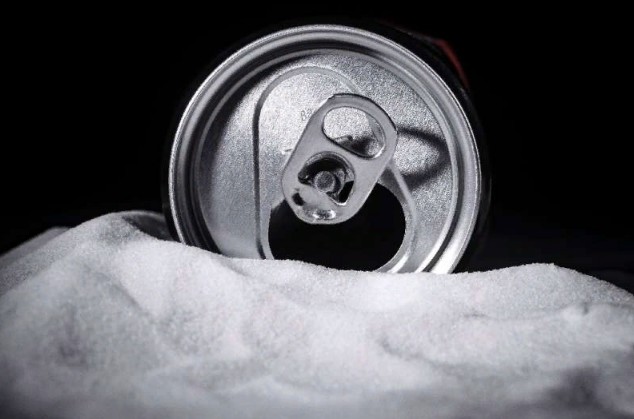A large-scale study released Thursday suggested that artificial sweeteners may increase the risk of cancer, but experts who weren’t part of the study said there wasn’t enough evidence to change current health advice.
Millions of people use sweeteners every day in items like diet Coke, partially to avoid weight gain from sugar, but the healthiness of these sugar replacements has long been a source of debate.
Researchers looked at the food, lifestyle, and medical histories of more than 100,000 people in France who took part in the NutriNet-Sante study between 2009 and 2021 to see how sweeteners might raise the risk of cancer.
They then linked consumption to cancer rates while taking into account things like smoking, a bad diet, age, and physical activity.
Mathilde Touvier, a research director at France’s INSERM institute and the study’s supervisor, says that those who ate the most sweeteners, “above the median level,” had a 13% higher risk of cancer than those who didn’t.
The sweeteners aspartame and acesulfame potassium, both of which are found in many soft beverages, including Coke Zero, were shown to have a higher cancer risk, according to the study, which was published in the journal PLOS Medicine.
Seventy-nine percent of the 103,000 participants were female, and 37 percent used artificial sweeteners.
Soft drinks consumed more than half of the artificial sweeteners, while table-top sweeteners accounted for 29% of them.
According to the study, “Higher risks were observed for breast cancer and obesity-related malignancies.”
Touvier went on to say that more research is needed to back up the study’s findings.
According to the US National Cancer Institute and Cancer Research UK, artificial sweeteners do not cause cancer, and they have been approved for use by the European Food Safety Authority.
“Not proof,” says the author.
“The link between artificial sweetener consumption and cancer risk has been a hot topic for a long time,” says James Brown, a biomedical scientist at Aston University in the United Kingdom. In the 1970s, the sweetener cyclamate was banned because it was linked to bladder cancer in rats, even though this was never proven in humans.
According to AFP, Brown, who was not involved in the research, said it was “fairly well-designed” and had an “impressive” sample size.
However, he said he doesn’t think the current study is strong enough for the National Health Service of the United Kingdom to change its advice just yet.
The study’s correlation “does not suggest causality” and is “not proof that artificial sweeteners cause cancer,” according to Michael Jones of the Institute of Cancer Research in London.
The findings could imply that “cancer risk may be enhanced in the type of individual who uses artificial sweeteners rather than the sweetener itself,” according to him.
Consumers should not rush back to sugary drinks, because a 2019 NutriNet-Sante study found that they also raise the risk of many types of cancer.
Brown said that not all sweeteners are the same. Some, like stevia, can be good for your health.
He said artificial sweeteners are “still likely to be a valuable tool for reducing weight gain when substituting sugar,” if the proper sweetener is employed.





